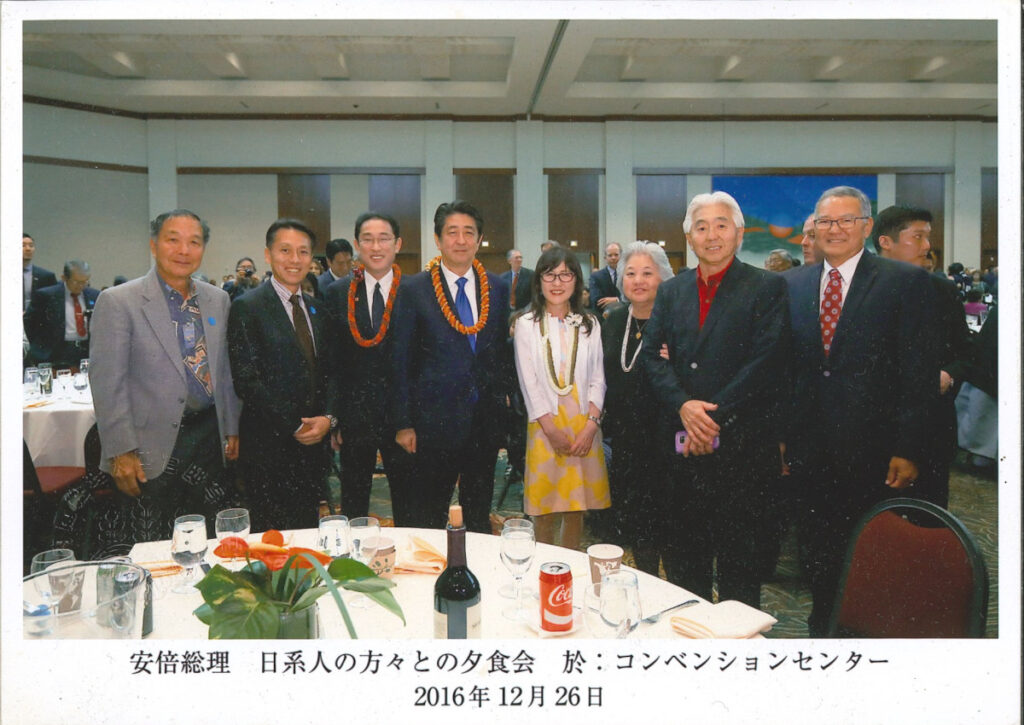MISSION STATEMENT
The mission of the Japanese Cultural Center of Kona is to preserve and share the
history of the pioneering Japanese immigrants and their unique lifestyles in Kona. The
Center will also serve as a destination in the State of Hawaii as a friendly and soothing
gathering place for people from around the globe and for locals alike to experience,
learn, and enjoy the many aspects of the Japanese Culture.
VISION
Spanning more than 25 acres, a planned collection of venues including but not limited to a state-of-the-art multipurpose ballroom, concert hall, conference center, dojo, restaurant, Shinto Shrine, teahouse and outdoor amphitheater will be developed. In addition, a large and authentic Japanese garden with koi ponds, water falls, and rock gardens will also be included.
A coffee farm will showcase how Japanese immigrants meticulously grew and developed the world-renowned Kona coffee. Coffee processing with old-fashioned hardware will be displayed and stories of their honest hard labor will be told. The pioneering immigrants in Kona and elsewhere in Hawaii left a legacy that generations thereafter could be proud of.
The Center will implement 100% renewable energy facilities to power the Center on the sunny side of Kona addressing the planet’s threatening climate change. Covered parking stalls and buildings with solar panels will accommodate electric charging stations and with ample solar power, hydrogen fuel will be produced to service fuel-cell vehicles. Thus, all vehicles at the Center could be powered by carbon free energy.
Attracting internationally acclaimed performing groups and artists could become a significant component at the state-of-the art concert hall. Local professional singing groups could perform jointly with the many singing groups of Japan and the world. The possibilities at the concert hall are unlimited. The ballroom could be rented by local groups for birthdays and the like. The entire Center will embrace the soft and harmonious experiences for all, especially with the never-ending conflicts people from around the globe face today.
The emphasis of the entire Center will focus on its educational aspects. Visitors could experience a wide variety and unique cultural programs and events. One could learn about the history of Japanese immigrants arriving in Kona from the days of the Meiji era.
Visitors will see unique Japanese architectural designs and state of the art technology, stone lanterns, and unique exhibits. One could learn about indigenous flowers and plants of Hawaii as well as popular flowers, plants and trees of Japan. As an educational Center, organized tours for students as well for adults will be offered.
The Center will also serve as a bridge between Japan and Hawaii. There will be efforts made to involve all 47 prefectures of Japan to participate in the Center in every way possible. And visa-versa, many from Hawaii will choose Japan as their travel destination. Fostering relationships between Japan and Hawaii will bring benefits in multiple ways. It’s connecting in full circle from the days when the immigrants first came to Hawaii as sugar plantation laborers during the Meiji period of Gannenmono and Kanyaku Imin to the current period of cultural exchanges and opportunities for reflection. Hawaii has become the No. 1 tourist destination for Japanese travelers.
The holism of the Center will be greater than the sum of the parts. It is planned as a smart Cultural Center. Beyond what are mentioned above, it is meant to help the economic vibrancy of the community, it will bring the community together, it will tighten and enhance the social fabric of people, and it will provide space, time and experience to bring harmony to people’s souls and wellness. It’s for humanities’ sake. And visitors upon leaving the Center will bring home memories to cherish their Kona Coffee omiyage or souvenir after learning how the pioneering immigrants meticulously and painstakingly cultivated it to become a savory world-renowned special Sunday morning coffee.

Photo taken in 2016 when then President Obama and Prime Minister Shinzo Abe spoke at Pearl Harbor.
